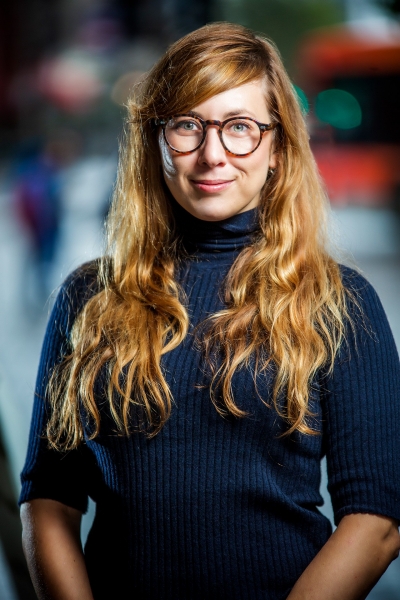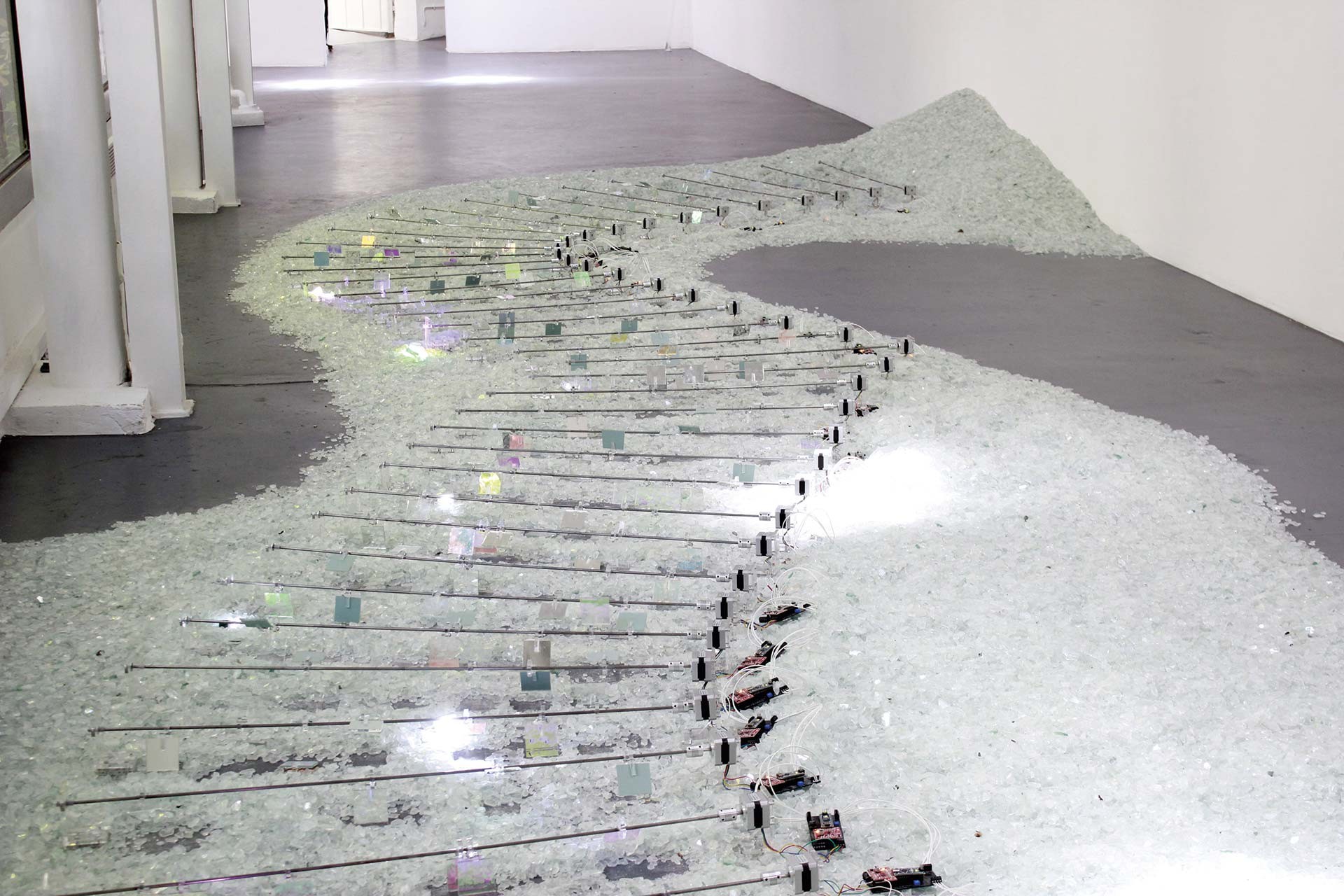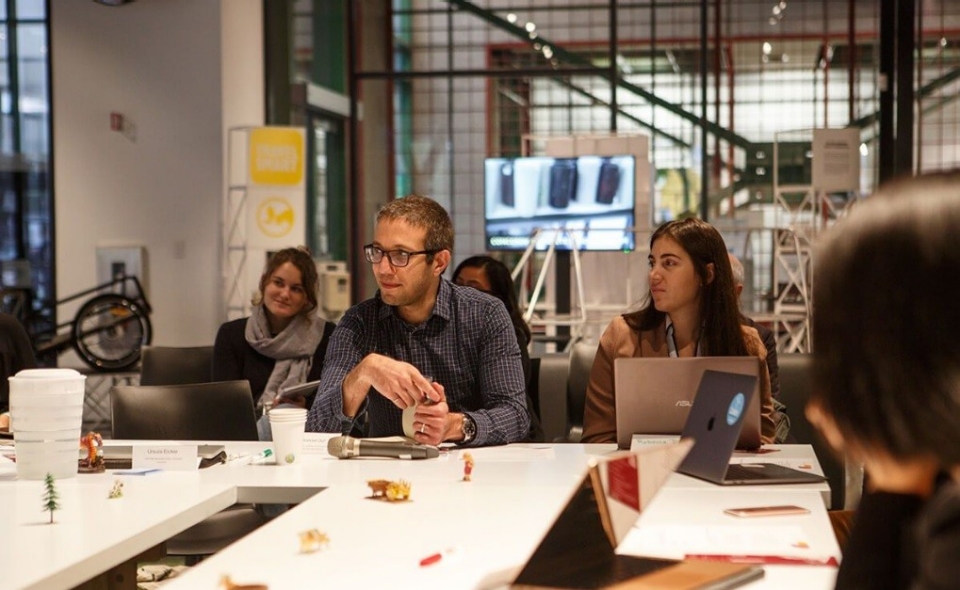Jarry and others at Concordia are part of a growing community of experts and researchers from different fields – science, the arts, engineering, design – working to develop environmentally sustainable and climate change-focused solutions for smart, next-generation cities.
With concern about the climate growing so dramatically that even governments are labelling it an emergency, universities like Concordia are moving to the forefront of innovation and transdisciplinary research, working with the community and industry to explore new ideas and tackle societal challenges.
“From our perspective as a business, our objective is the same – to reduce greenhouse gas emissions,” says Grégory Pratte, public affairs manager for Tricentris, a materials recovery facility in Lachute, Quebec, that supplies materials to Jarry.
“We take all recyclable material like packaging, printed paper and containers we receive from the residential blue bins,” Pratte says. “All of the glass we receive is recycled, because recycling and reusing glass can reduce greenhouse emissions.”
For example, glass can be ground into powder that can be used to replace up to 20 per cent of the cement that goes into making concrete, Pratte notes.
“Not only do you reduce greenhouse gas emissions, you can also increase the life of the concrete between three and 10 times. It’s out-of-the-box thinking,” he says.
It’s that kind of out-of-the-box thinking that inspires Pratte and Tricentris to provide Jarry with glass for her striking responsive art installations and environments. Her large floor-mounted pieces, such as those from her Dust Agitator or Lighthouse series, encourage viewers to think not only about the angular light that permeates through the glass objects and shards, but also how they came from old, discarded glass, and the new potentials they produce.
“We have been working with her for about three years,” Pratte says. “Her work has ideas that can change the world.”
Jarry’s colleague, Mohamed Ouf, is another Concordia expert who is working on finding climate change solutions. Ouf is an assistant professor in Concordia’s department of building, civil and environmental engineering.
His work uses data generated in buildings to analyze “interactions” between the occupants and the physical space in which they live or work.
“By ‘interactions,’ I mean that we look at how they use the thermostats, lights, or blinds,” he explains. “First, we look at what triggers their actions, so we can see what kinds of designs to consider that might change their energy use.”


 Concordia researcher Alice Jarry: "I prefer to think of discarded and obsolete materials as active agents of change."
Concordia researcher Alice Jarry: "I prefer to think of discarded and obsolete materials as active agents of change."
 Artist and Concordia researcher Alice Jarry uses broken shards of recycled glass in works like Lighthouses (realized with Vincent Evrard).
Artist and Concordia researcher Alice Jarry uses broken shards of recycled glass in works like Lighthouses (realized with Vincent Evrard).
 Engineer and Concordia researcher Mohamed Ouf uses data from buildings to analyze how people use the spaces in which they live or work.
Engineer and Concordia researcher Mohamed Ouf uses data from buildings to analyze how people use the spaces in which they live or work.
 Mohamed Ouf discussing how data from building systems can be used to model occupant behaviour and optimize building performance.
Mohamed Ouf discussing how data from building systems can be used to model occupant behaviour and optimize building performance.